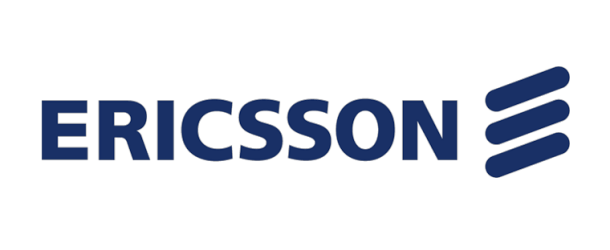Ericsson Canada creates new quantum research hub in Montreal

Ericsson Canada, a subsidiary of the Swedish telecom technology giant Ericsson, has established a new quantum technology research hub in Montreal will host research projects focusing on quantum-based algorithms for accelerating processing in telecom networks and distributed quantum computing, the company announced.
The announcement comes as Canada recently has increased its commitment to quantum with the unveiling of a National Quantum Strategy back in January. According to a study from Canada’s National Research Council, the Canadian quantum industry will be worth $139 billion and account for 209,200 jobs by 2045. This June, IQT will be hosting an event in Montreal reflecting the increase in activity there and the overal growth of the quantum ecosystems (More details available soon).
The move also is particularly well-timed to an uptick in activity in the telecom industry to prepare for its critical role in the emerging field of quantum networking, the focus of last week’s IQT The Hague event.
Jeanette Irekvist, President, Ericsson Canada, stated, “Canada is a pioneer and global leader in quantum research, as evidenced most recently by the launch of the National Quantum Strategy. Similarly, our researchers and experts at Ericsson have long been studying how to best innovate quantum technologies into communications networks. It’s our hope that this first-of-its-kind program and partnership with the University of Ottawa and the University of Sherbrooke will help translate quantum research into commercial innovations that generate economic benefits and support the adoption of made-in-Canada solutions by businesses. This will foster our mutual strength in quantum research, innovation and commercialization, and the growth and success of the Canadian ecosystem.”
Magnus Frodigh, Vice President, Head of Ericsson Research, added, ”At Ericsson Research, we are exploring future communications using quantum computing to build up what we call a network compute fabric, providing a unified, integrated execution environment for massively distributed intelligent applications. The goal includes, but is not limited to, the exploration of quantum technologies that can have an exponential effect on computation time and memory footprint to solve challenging communication problems. The research collaboration with the University of Sherbrooke and the University of Ottawa will be an important vehicle to explore many questions along the joint exploration of such advanced technologies.”
Ericsson Research has been actively exploring quantum technology for several years, and publicly discussed telecom use cases for the technology as early as 2019. The company, which has more than 3,100 employees in multiple locations throughout Canada, will pair its researchers with post-doctoral fellows at the universities to carry out fellowships at Ericsson, supporting the quantum research projects, providing the academic challenges, telecom and networking competence and facilities to conduct this advanced research, the company said. Canadian non-profit research group Mitacs will deliver support in the attraction, training, retention, and deployment of highly qualified personnel in quantum science and technology through innovation internship experiences and professional skills development. Interns will work with researchers at Ericsson Canada and the universities.
Dan O’Shea has covered telecommunications and related topics including semiconductors, sensors, retail systems, digital payments and quantum computing/technology for over 25 years.



















